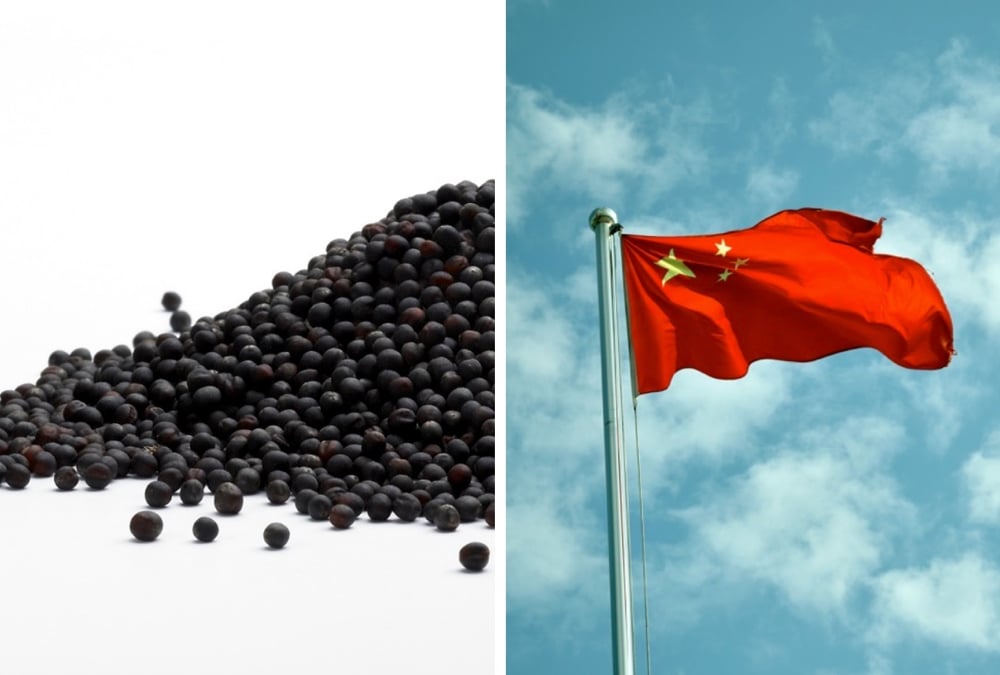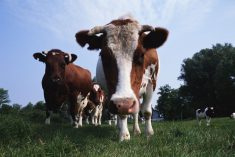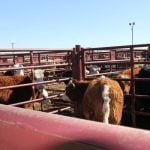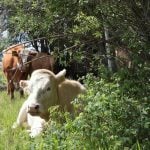Chicago | Reuters — Chicago Mercantile Exchange lean hogs closed lower on Tuesday, weighed by the drop in prices for slaughter-ready or cash hogs and pork at wholesale, traders said.
December closed 1.45 cents per pound lower at 91.55 cents, and February down 1.5 cents at 91.125 cents (all figures US$).
The morning’s average hog price in Iowa/Minnesota slumped $2.76 per hundredweight (cwt) from Monday at $84.38, the U.S. Department of Agriculture said.
Separate USDA data showed the morning’s wholesale pork price dropped $1.07/cwt from Monday to $94.52, led by the $5.86 decline in ham costs.
Read Also

Carney expects to meet senior China leaders, sidesteps question on tariffs
Prime Minister Mark Carney on Thursday said he expected to meet senior Chinese leaders soon but sidestepped a question about dropping tariffs on Chinese electric vehicles in exchange for relief from Beijing’s duties on canola.
A few packers need hogs to round out this week’s production. Others are expected to scale back purchases with plants expected to closed for the U.S. Thanksgiving holiday.
Processors discounted ham prices to generate buying interest among retailers who have most of what they need for Thanksgiving advertisements.
Fund selling developed earlier after December and February slipped below their respective 40-day and 100-day moving averages of 91.53 and 91.24 cents.
Mixed live, feeder cattle
CME live cattle futures ended mixed pressured by cash price caution, but supported by positioning before USDA’s monthly Cattle-On-Feed report on Friday.
Most analysts expect Friday’s report to show a year-over-year decline in October cattle placements due to expensive calves that discouraged feedlots from buying them.
December closed down 0.175 cent/lb. at 170.825 cents, and February at 172.075 cents down 0.025 cent. April closed up 0.275 cent at 170 cents, and June 0.325 cent higher at 161.1 cents.
Investors are unsure about this week’s cash prices after some packers paid a record-high $172/cwt for supplies last week.
Fewer cattle for sale is supportive for futures. But, packers may not need as many cattle while buying for the holiday-shortened workweek.
In a trading strategy known as bull spreads, CME feeder cattle investors bought November futures and sold January as back-month live cattle futures gained.
November closed up 0.4 cent/lb. at 240.425 cents, and January was down 0.2 cent at 237.275 cents.
— Theopolis Waters reports on livestock futures markets for Reuters from Chicago.













